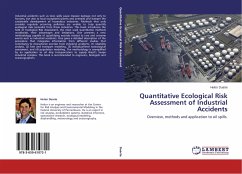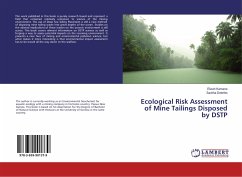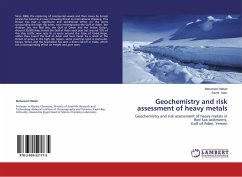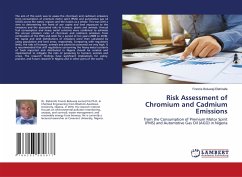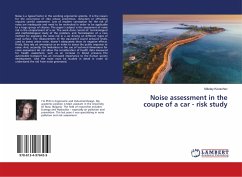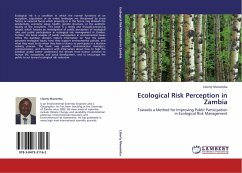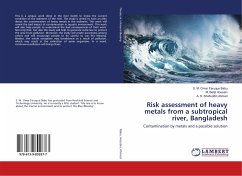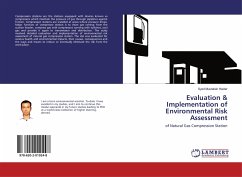Industrial accidents such as toxic spills cause massive damage not only to humans, but also to local ecosystems (plants and animails) and hamper the sustainable development of hazardous industries. Methods that only consider regularly occurring pollution are unable to truly quantify ecological risks (ecorisks) from these industries. This book introduces the field of Ecological Risk Assessment, the most used quantitative methods worldwide, their advantages and limitations. One presents a new methodology capable of quantifying ecorisks related to rare and extreme events such as industrial accidents. One gives a detailed description of the procedure that integrates information from different studies that contributes to characterize ecorisks from industrial accidents: (1) reliability analysis, (2) fate and transport modeling, (3) individual-level toxicological assessment, and (4) population modeling. The methodology is exemplified by an application to oil ship transportation to supply Brazil's Suape industrial complex. This book is recommended to engineers, biologists and oceanographers.
